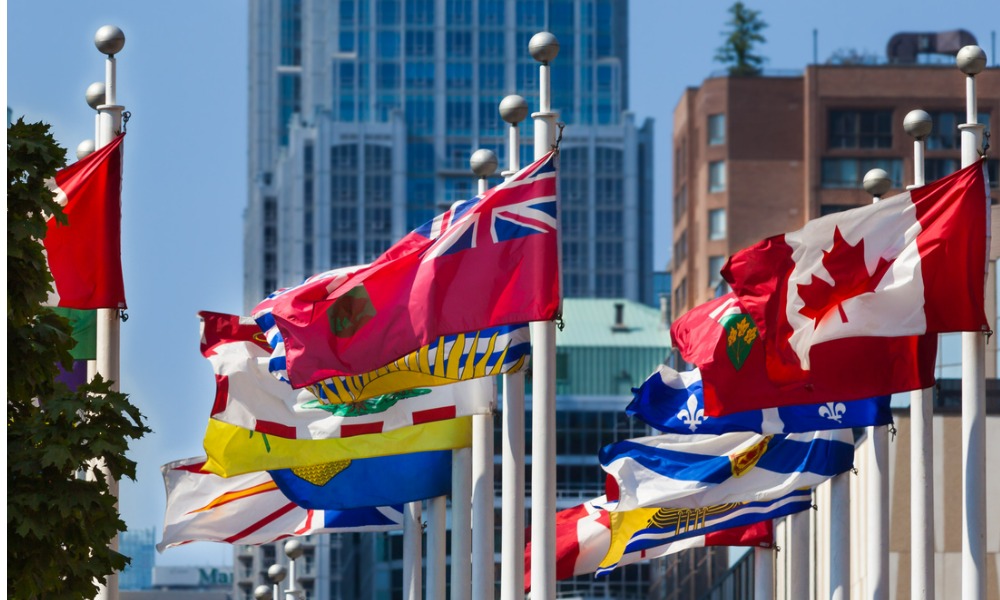Province has removed several exemptions to internal trade

Manitoba has removed several exemptions under the Canadian Free Trade Agreement (CFTA) and the New West Partnership Trade Agreement (NWPTA) to reduce interprovincial trade barriers.
Canada and all provinces and territories are parties to the CFTA. The agreement seeks to enhance trade, investment, and labour mobility across the country through the free movement of persons, goods, services, and investments within an open, efficient and stable domestic market. All trade in Canada falls within the CFTA and occurs without restriction unless specifically exempted by a general or specific government exception. Manitoba has recently removed a number of these exceptions under the CFTA, including:
- naming and business activity restrictions for corporations providing land-surveying services in Manitoba
- office and practice location requirements for inter-jurisdictional law firms
- residency requirements for individuals applying for wild rice harvesting and export licences
Manitoba is also a party to the NWPTA, along with British Columbia, Alberta, and Saskatchewan, to form the largest regional Canadian market dedicated to free trade with fewer restrictions. Manitoba has also removed the exception on residency requirements for wild rice harvesting and export license applicants under the NWPTA.
The Canadian Federation of Independent Business (CFIB) has recognized Manitoba’s work on trade barrier reduction by awarding the province the top grade in CFIB’s 2022 report card. With the implementation of these latest trade barrier reductions, Manitoba will have the lowest remaining CFTA and labour mobility exceptions in Canada.
“As part of our government’s ongoing focus on growing our economy and securing the good jobs so necessary for prosperity and expanding social services, Manitoba continues to be the national leader in reducing internal trade barriers within Canada,” economic development, investment, and trade minister Cliff Cullen said.
The provincial government explained that reducing internal trade and mobility restrictions could increase Canada’s real gross domestic product by over 4 percent, the equivalent of over $1,500 for every Canadian family.
“As Canadians face ongoing affordability concerns and economic challenges, Manitoba continues to lead by example and will keep pushing for necessary progress across the country,” Cullen said.










